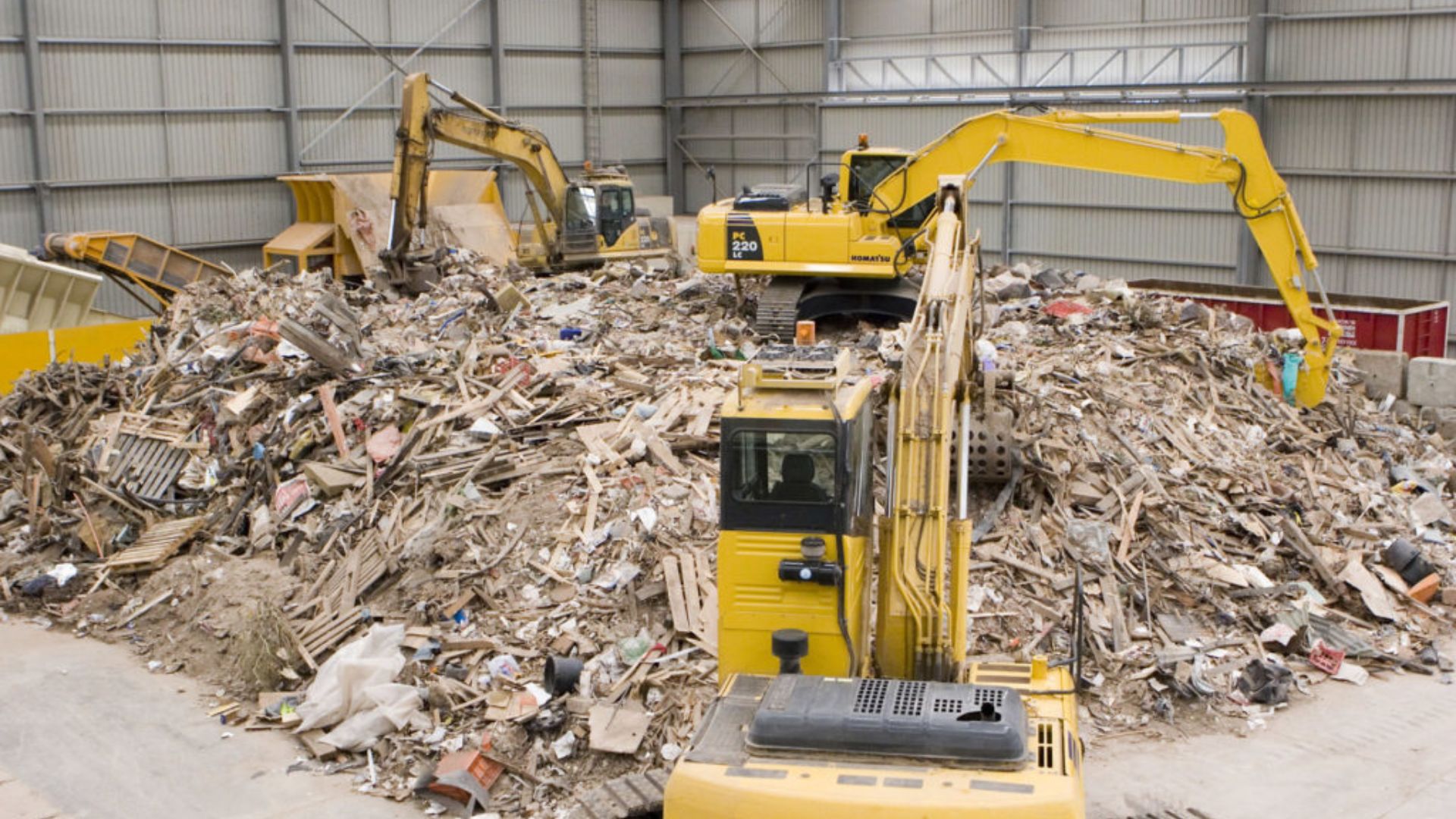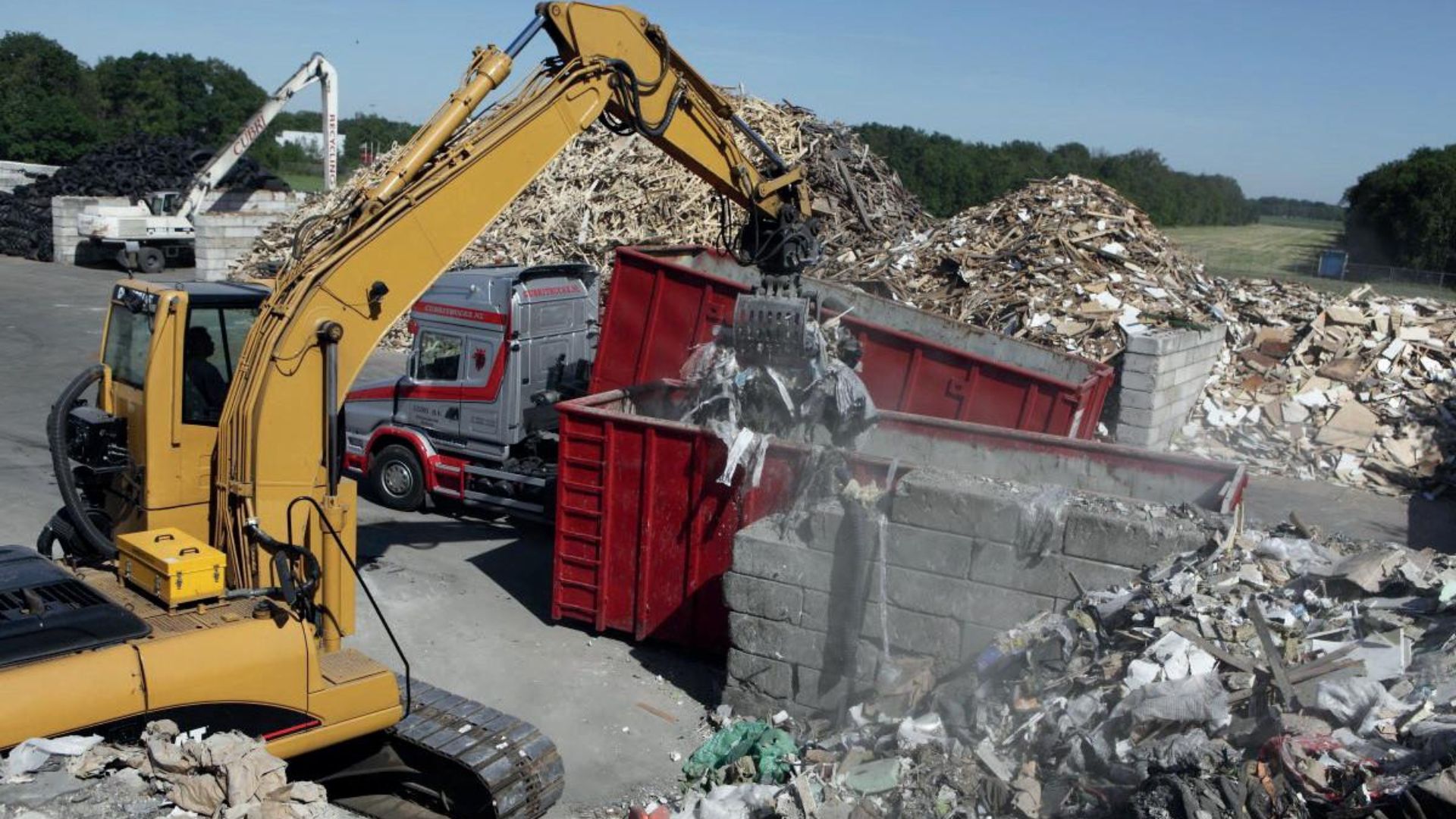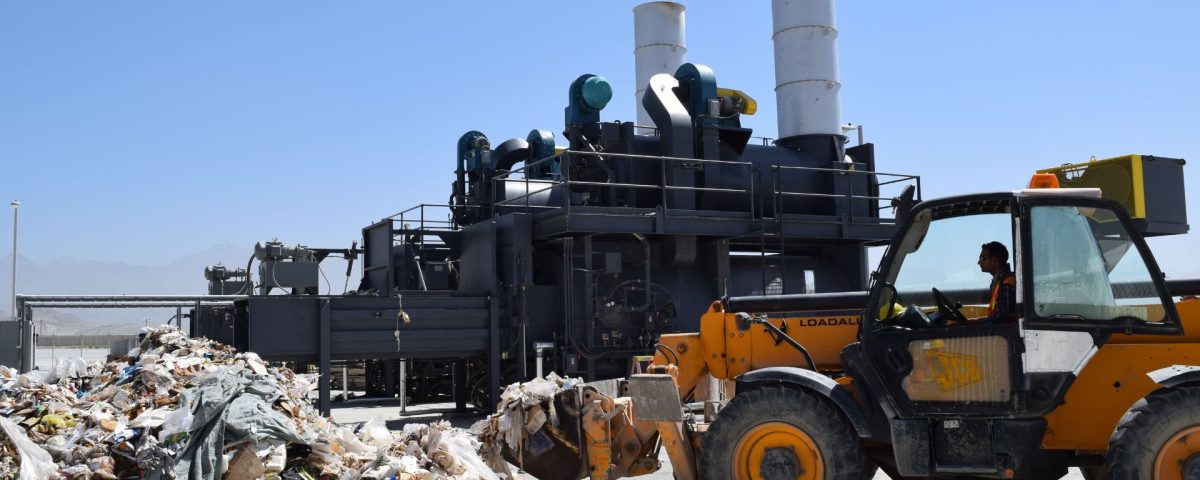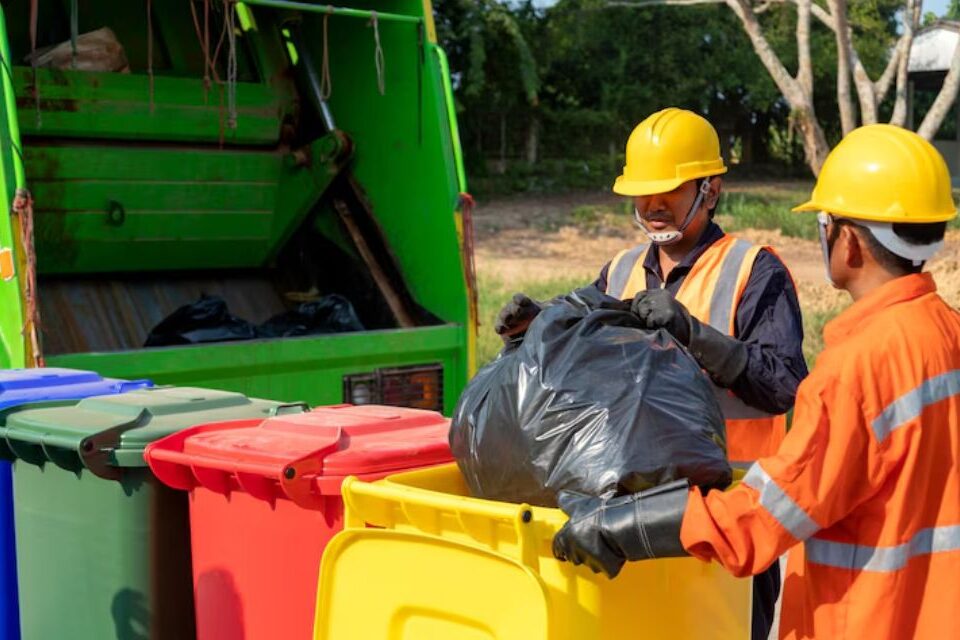- Have any questions?
- +971 50 7210729
- +971 2 2358552
- info@almerzaam.com
How to Develop a Comprehensive Construction Waste Management Plan

How a Transportation Company Can Support Your Business Growth?
August 9, 2024
What Are the Common Issues Addressed During Trailer Service?
August 17, 2024Introduction
Effective waste management is an important part of modern construction projects. With increasing awareness about environmental sustainability and stringent regulations, developing a comprehensive Construction Waste Management plan is essential. This plan not only helps minimize waste but also reduces costs and enhances the project’s overall efficiency. This blog outlines the critical steps in creating a robust waste management plan tailored to construction projects.

Understanding Construction Waste
Construction waste includes concrete, wood, metals, plastics, and glass generated during the construction, renovation, or demolition. These materials can be bulky and diverse, requiring careful planning for their disposal or recycling. Understanding the various types and quantities of trash generated on-site is the first step toward successful waste management.
Assess Waste Streams
The initial phase of developing a waste management plan involves thoroughly assessing potential waste streams. This includes identifying the types of waste materials expected to be generated, their estimated volumes, and the stages of the construction process where they will occur. This assessment provides a clear picture of the waste profile and helps plan appropriate management strategies.
Set Clear Objectives
Establishing clear, measurable objectives for waste management is crucial. Objectives include:
Reducing the total volume of waste generated.
Increasing the percentage of recycled materials.
Minimizing disposal costs.
Setting these goals will guide the planning process and help measure the effectiveness of waste management strategies.
Develop Waste Reduction Strategies
Waste reduction should be the primary focus of any management of construction waste plan. Strategies for reducing waste might include:
Design for Waste Reduction: Incorporate design practices that minimize waste, such as modular construction or prefabrication techniques.
Material Efficiency: Use precise measurements and ordering to reduce excess materials.
On-Site Sorting: Implement systems for sorting waste materials at the construction site to facilitate recycling and reuse.
Implement Recycling and Reuse Practices
Recycling and reusing materials are essential components of a waste management plan. Develop procedures for:
Material Separation: Set up designated areas on-site for different types of materials to be sorted for recycling.
Partnerships with Recyclers: Establish relationships with recycling facilities to ensure materials are processed correctly.
Reuse of Materials: Identify opportunities to reuse materials within the project or in future projects.
Establish Waste Disposal Procedures
Establish procedures for disposal of materials that cannot be recycled or reused. This includes:
Selecting Disposal Methods: Choose appropriate disposal methods based on the type of waste, such as landfill or incineration.
Compliance with Regulations: Ensure all disposal practices comply with local regulations and guidelines to avoid legal issues.
Train and Educate Staff
Training and educating the construction team on waste management method is critical to the plan’s success. Provide instruction on:
Proper Waste Handling: Teach Staff how to handle and sort materials correctly.
Importance of Waste Management: Highlight the benefits of effective waste management, including cost savings and environmental impact.
Monitor and Review
Monitoring and reviewing the waste management plan is essential to ensure its effectiveness. This involves:
Tracking Waste Volumes: Keep records of the types and amounts of waste generated and managed.
Evaluating Performance: Assess whether the set objectives are being met and identify areas for improvement.
Adjusting Strategies: Make necessary adjustments to the waste management plan based on performance data and feedback.

Conclusion
Developing a comprehensive management of construction waste plan is a crucial step towards a more sustainable and efficient construction process. By assessing waste streams, setting clear objectives, implementing reduction and recycling strategies, and continually monitoring performance; construction projects can significantly reduce their environmental impact and operational costs. Effective waste management promotes a cleaner environment and increases the overall success of construction projects.


